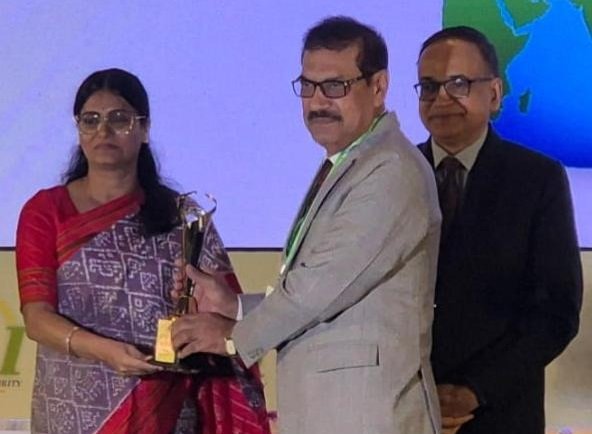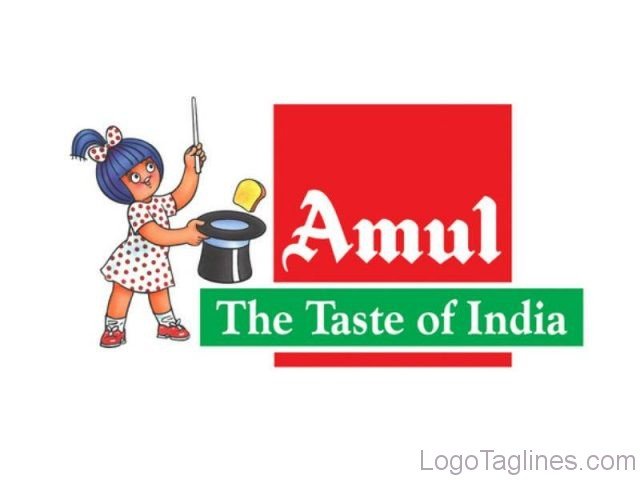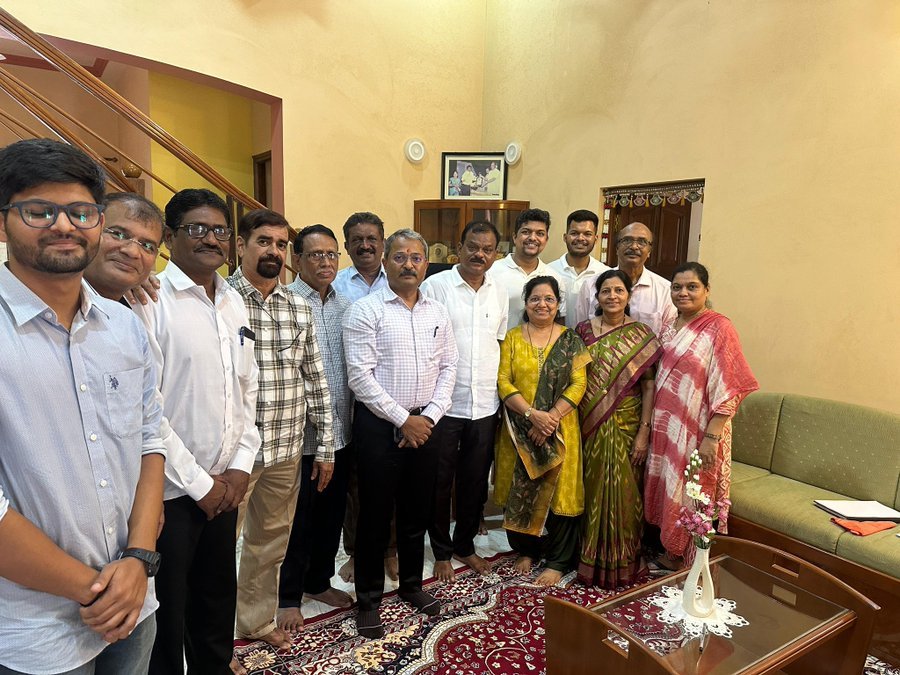CLFMA hosts strategic session on ‘Poultry in India: Current Challenges & the Way Forward’
The seminar successfully highlighted critical issues facing India’s poultry industry, from volatile feed grain markets to the need for strategic partnerships.
The Compound Livestock Feed Manufacturers Association (CLFMA) of India, in collaboration with the U.S. Grains Council and with support from the Bihar Poultry Farmers Association (BPFA) successfully hosted a seminar at Patna. The seminar, themed “Poultry in India: Current Challenges & the Way Forward,” brought together more than 60 participants, including feed manufacturers, poultry farmers, nutritionists, grain suppliers, and researchers from across the region.
The seminar opened with a welcome address by Nayantara A Pande, Marketing Specialist, U.S. Grains Council, followed by a keynote on “Poultry in India and The Potential” by Divya Kumar Gulati, Chairman, CLFMA of India. He highlighted the urgent need for collective action to address rising feed costs and market volatility, stressing that strategic collaborations will be pivotal in driving sectoral resilience.
Divya Kumar Gulati, Chairman, CLFMA of India, shared, “The Indian poultry industry is at a critical crossroads, where timely interventions and strategic collaborations are essential to overcoming the challenges posed by rising feed costs, supply chain disruptions, and market volatility. According to a recent Crisil Ratings report, the industry’s profitability is expected to dip by 50 basis points in the 2025-26 fiscal year, largely due to the rising prices of key feed ingredients like maize and soybean, which account for 90% of total feed costs. However, revenue growth is still projected to rise by 8-10%, driven by strong demand and consumption. Events like these provide an invaluable platform for exchanging insights, fostering collaboration, and exploring sustainable solutions that will not only benefit our sector but also contribute to the nation’s economic resilience.”
A panel discussion on “Navigating the Indian Poultry Sector’s New Normal” was moderated by Mr. Amit Saraogi (MD, Anmol Feeds), and featured an esteemed panel including Mr. Divya Kumar Gulati, Mr. Pawan Kumar, Mr. B.M. Sahni (MD, Patliputra Feeds), Mr. Pawan Kumar (President, BPFA) and Mr. Amit Sachdev. The discussion focused on the urgent need for sustainable feed alternatives, policy clarity, and building long-term supply chain resilience.
The seminar successfully highlighted critical issues facing India’s poultry industry, from volatile feed grain markets to the need for strategic partnerships. It reinforced CLFMA’s position as a vital advocate for industry advancement, enabling dialogue between farmers, academia, and global stakeholders to build a more sustainable and robust poultry ecosystem.
The seminar successfully highlighted critical issues facing














